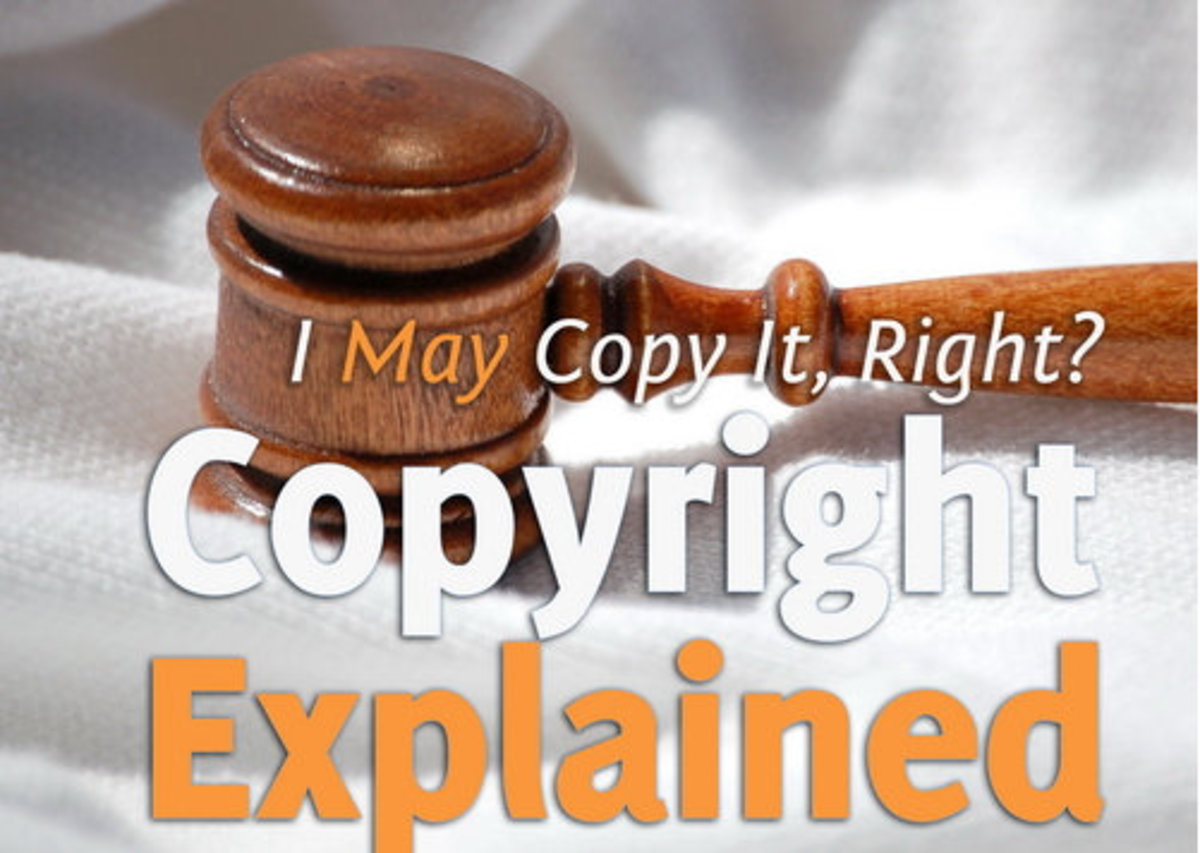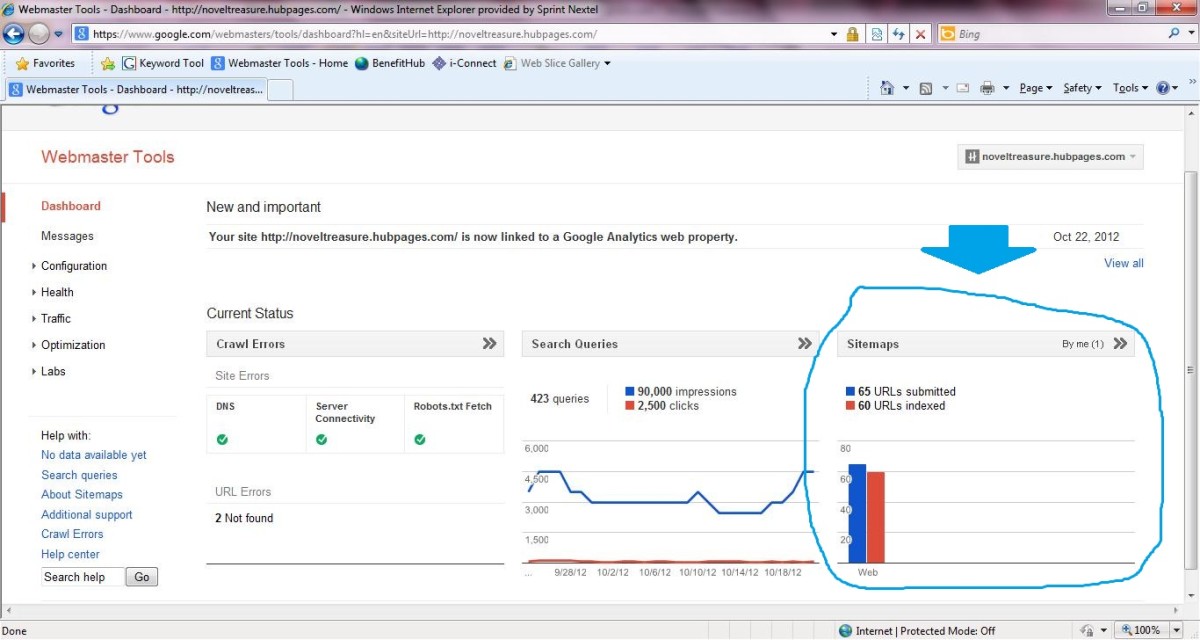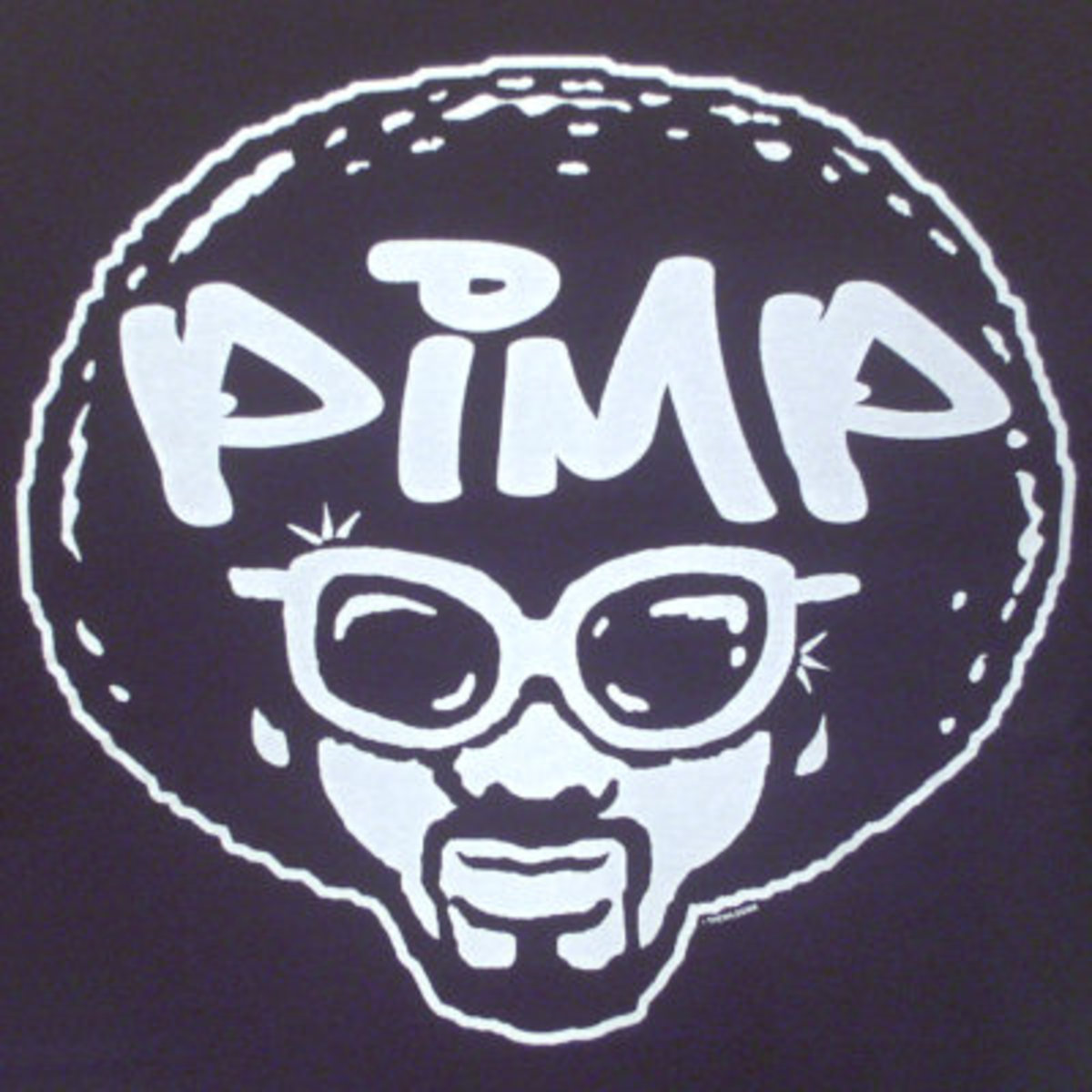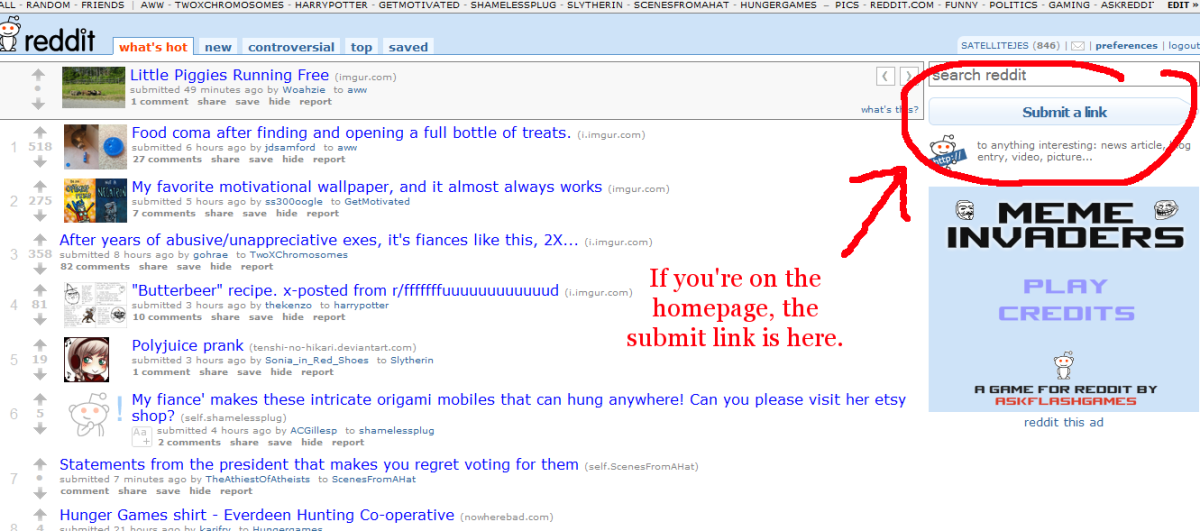Unlock the Mystery: Tips for Crafting an Attention-Grabbing Hubpages Headline
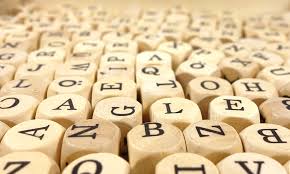
Writing an Effective Headline for Hubpages
Headlines are significant for success with Hubpages. When I first started on Hubpages, I was not aware of how important a headline was. I was more concerned about the spelling of the words, and even the APA formatting, as that seemed to be a significant area of importance to Hubpages, and understandably so. I was more concerned with making sure that an article got published, only to turn around and write another one. This is forgivable for a beginner, but it cost me many page views that could have earned revenue over time. You can avoid losing page views by learning from my mistakes, and by utilizing the following tips regarding the creation of a compelling headline.
Balance of the Words Within the Headline
The headlines have to have a balance of four components to be good. A great headline for Hubpages should have common words, uncommon words, emotional words, and power words.
Here are a few examples of Common Words:"Of, with, a, an, how, in, to, and, on, your, and for"
These words make up the most essential components of a headline that is considered readable. Headlines that are the most readable are usually composed of about twenty to thirty percent of common words.
Here are a few examples of Uncommon Words: "Old, Way (or Ways), Dog, Valentines, New, and Time"
Uncommon words are words that don't occur as frequently as common words do. These words are important because they add substance to one's headline. Headlines that are attractive and readable may contain ten to twenty percent of words that are considered uncommon.
Here are a few examples of Emotional Words: "How-to, Simple, and Easily"
These words are meant to stir up some emotional response in the person who is reading the headline. Words like this have shown, in the past, to increase the number of shares and clicks to the website. Headlines that are considered 'great' are made up of ten to fifteen percent of emotional words.
Here are a few examples of Power Words: "Destroy, Beautiful, Superior, Kill, Waste (or Wasting), Stop and Healthy"
Power words are words or even a group of words, like a phrase, which are meant to trigger the attention of a person reading the headline. It may even activate the reader to spring into action due to the passion that is driven by that word or phrase. A headline that is considered attractive and efficient has at least one of these words.
Word Length
Word length is important. A headline can be around thirty-five characters, and perhaps six to eight words. Headlines should be a maximum of about fifty-five characters. These tend to produce the most amount of clicks. Headlines that are too short aren't descriptive enough, don't grab attention and will swim in a sea of related-content. Headings that are too long can make a reader feel overwhelmed immediately, and they may bypass the article altogether. Also, a headline that exposes too much of the article's content can cause disinterest, or answer a question the reader was searching for.
Headline Sentiments
When people read an article headline, they immediately look at the first three words of the headline, and the last three words as well. If you look at your headline, do the first three words and the last three words convey the message of your article? Headlines need to have keywords within them that are easily searchable so that they don't have a hard time coming across your article. Articles can also have a sentiment. A sentiment that is overtly negative may trigger an emotion to the reader that is attached to a strong feeling.
This is an example of a strong negative sentiment:
How to Escape an Evil Mother-In-Law
These do not tend to do as well as headlines that have strong positive sentiment, but they do generate more traffic than neutral headlines, which will be explained later in this article.
This is an example of a positive headline:
Sunshine is Amazing!
An article headline like this leaves individuals with a positive impression full of hope, wonder and even possible excitement. The reader will wonder why the writer thinks that sunshine is amazing, and potentially click on the link to find out.
An example of a neutral sentiment is this:
Learn How to Ride a Bike
These neutral statements do not perform as good as a strong or negative headline.
What is SEO?
Ultimately, there's a lot to learn when it comes to keywords. You have probably seen the term SEO thrown around when doing keyword research. What exactly is SEO? This means search engine optimization. It involves the process, tools, knowledge, and words that one requires increasing visibility of one's article online. It increases the number of page views by making the article more easily accessible and discoverable. Aside from publishing content that is relevant and publishing regularly, writing a great headline using these tips will increase your audience and the visibility of the article on Hubpages.
© 2018 Charlotte Doyle


